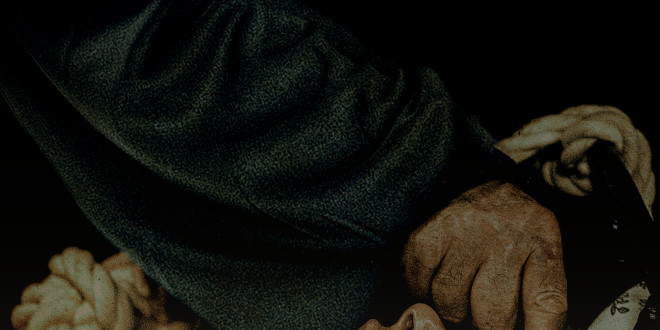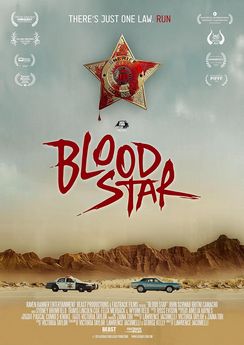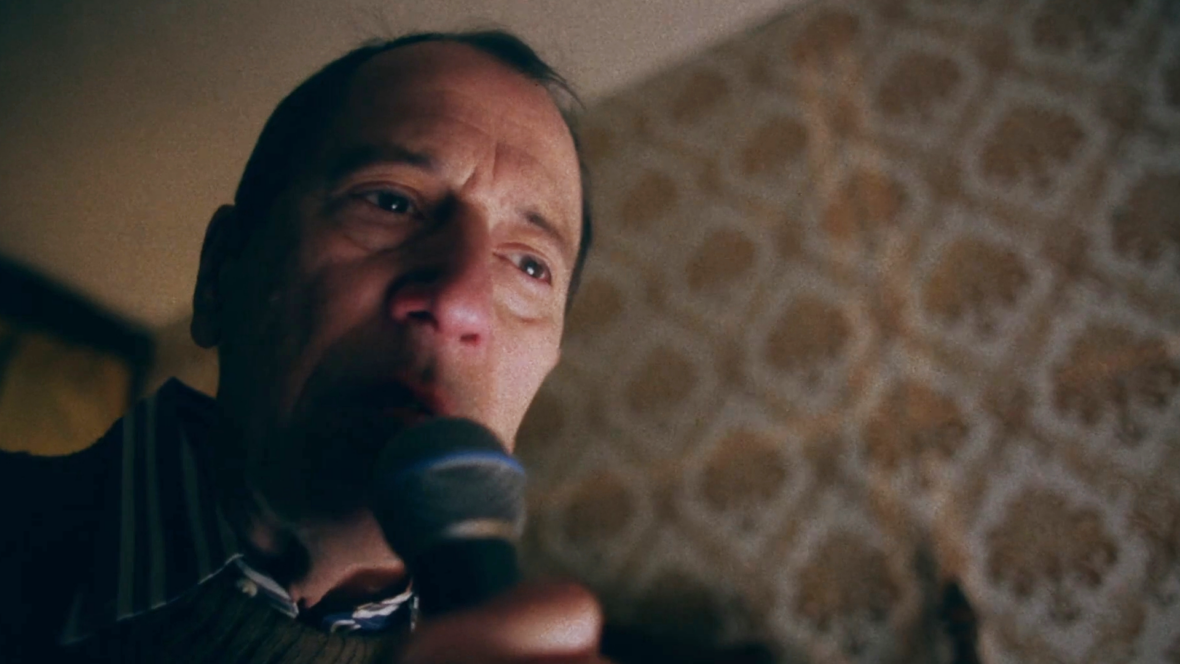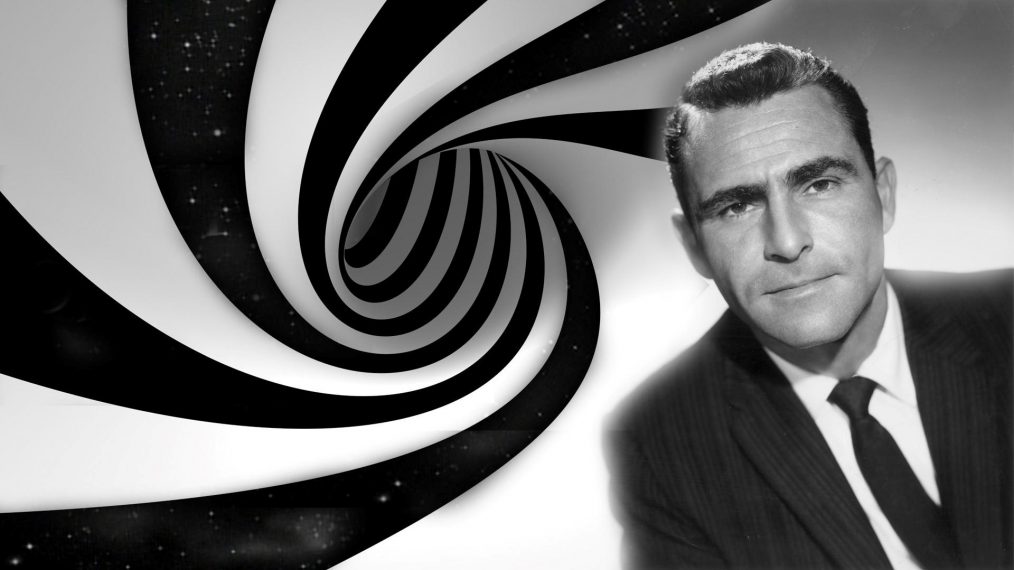
The Twilight Zone is one of the greatest television shows of all time. And the bi-yearly airing of the ’60s series on Fourth of July and New Years’ Eve has become as much a tradition on Syfy as watching A Christmas Story on TBS.
Hearing countless tales narrated by series creator Rod Serling about man’s folly and the lessons life will always offer feels like the perfect way to ring in a new year. Although humankind still faces the same issues and fears that we did back when Serling created the science fiction anthology, the moral story of each bizarre take on the subject matter is always poignant and asks for the best of society.
There aren’t many shows today that hold people accountable for their collective behavior, and far fewer offer lessons on how to behave in the world. These things make The Twilight Zone so revered and why it deserves celebrating to this day. So as New Year approaches, and you’re settling into your next cup of holiday spirits, check out our list of the ten best episodes of The Twilight Zone.
What are your favorites? Let us know in the comments below–and rest assured, no matter where we may be, we will be tuning into the Syfy marathon too!
The Twilight Zone, December 31-January 1, 2023, Syfy
10. A Nice Place To Visit (Season 1, Episode 28)
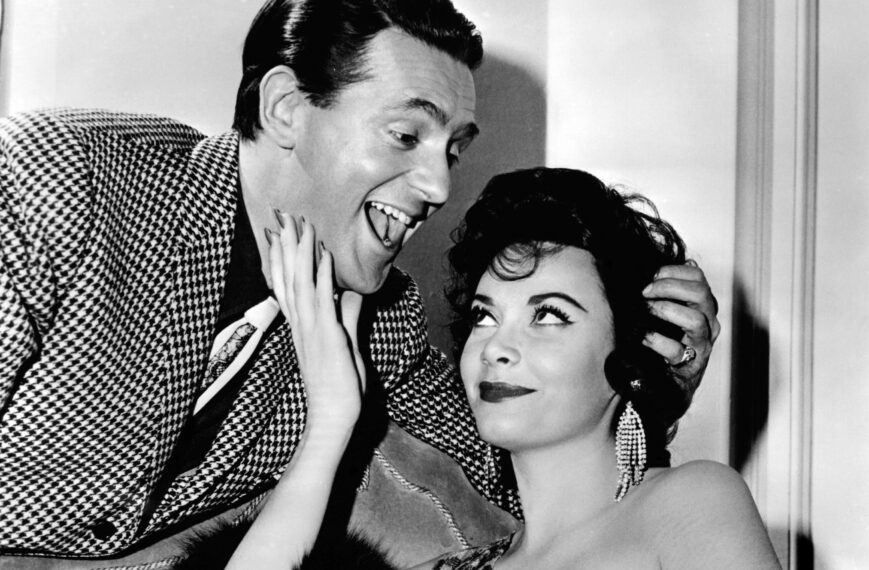
CBS/Everett Collection
A petty thief named Rocky Valentine dies and passes on, according to his guardian angel Pip. And although he maintains his skepticism, his wishes for everything he ever wanted in life are granted instantly: money, slacking off every day at the casino, and a penthouse suite with “a chick that won’t quit.” But what happens when an unscrupulous character gets everything he can ask for at a whim? What happens when success turns into ash in your mouth? What does the personal hell of an unsavory man look like?
Unrelated: Donald Trump once commented that this episode inspired his philosophy of success, stating, “I fight hard for victory, and I think I enjoy it as much as I ever did. But I realize that maybe new victories won’t be the same as the first couple.” We think this parallels with the closing narration quite well: “A scared, angry little man who never got a break. Now he has everything he’s ever wanted – and he’s going to have to live with it for eternity.”
9. The Grave (Season 3, Episode 7)
CBS/ Everett Collection
This episode briefly examines toxic masculinity and the inability to admit fear. It also delves into the paranormal and how disrespecting the dead may come back to haunt you. A cowboy fails to dispatch an outlaw, and a bar full of his contractors calls him out for it. The town got rid of the outlaw itself, but just before he died, he told them the cowboy skipped out on their confrontation. Upon the cowboy’s return, the bar makes a bet that the cowboy is too afraid to visit the grave. The cowboy reluctantly accepts. If only this grown adult male didn’t succumb to peer pressure. “You take this with a grain of salt or a shovelful of earth, as shadow or substance, we leave it up to you,” Serling says during the closing narration.
8. Eye of the Beholder (Season 2, Episode 6)
CBS/Everett Collection
With one of the most iconic endings in the show’s history, “Eye of the Beholder” is not only a masterclass in writing but also direction, as no faces are revealed for the entire episode. We believe the title of this installment is due to our character’s hideous face keeping her from conforming to society. But it isn’t until the reconstruction of her face is revealed that we see what the true moral of this tale is, and the reveal is masterful. We then realize the message goes against said conformity, especially when we learn it’s state-mandated that citizens look a certain way to be embraced. It, alongside many other moments of the show, has gone on to become a staple in the pop culture lexicon, with countless callbacks and references to this particular moment.
7. Living Doll (Season 5, Episode 6)
CBS/Everett Collection
The stepfather in this installment is comically hot-tempered and cruel in how a man from the ’60s could only be. When his wife and stepdaughter walk in with a new talking doll, he loses it over the purchase. Then we’re clued in that he doesn’t get along with the stepdaughter. The doll then becomes the physical manifestation of the mistreatment of the man’s family, and every time he goes too far, the threats from the doll become more real. It soon becomes apparent this doll is protecting the family and fulfilling the desires of the small girl.
6. The Masks (Season 5, Episode 25)
CBS/Everett Collection
An old, dying, rich father has a vapid family that awaits his inheritance with bated breath. He considers his spoiled children changeless and, as his dying wish, demands they wear horrific masks. Except these ugly masks are mystical and meant to represent the wearer. The man spends his final hours on the mortal coil, being brutally honest with his disgust of his family, and holds an ugly mirror up at them, figuratively and literally, once they realize the horrible masks have become their new faces. It feels cathartic watching this man berate his family, who only yearn to see him die to devour his riches like vultures. It feels even better seeing them all getting their just desserts after the father finally perishes. “They now wear the faces of all that was inside them—and they’ll wear them for the rest of their lives,” Serling concludes.
5. The Little People (Season 3, Episode 28)
CBS
What happens when the average man has the chance to become a big shot? Would he approach the position humbly, treating other average Joe’s better than he was? Or would he become the most powerful big shot of them all? A ruler of all? Well, when two stranded astronauts come across a tiny civilization of aliens on a barren planet, one develops a God Complex, and the other delivers the perfect analysis of his partner’s slow descent. The twist comes toward the end when “the God” feels most in control; he’s reminded how tiny of a man he truly is. Serling closes by saying the man was “a victim of a delusion,” and in this case, “the dream dies a little harder than the man.” Rick and Morty even parodied it!
4. The Shelter (Season 3, Episode 3)
CBS
Rod Serling was in his bag during the third season, which is apparent by our list. This episode serves as a microcosm of what would happen if the water shut off and the end was near. What would happen if resources were scarce for survival and the inevitable clash between the haves and have-not ensued. Neighbors would turn on each other, and all the dismal reasons to see your fellow man as an enemy would bubble up to the surface. It also asks if our interactions with each other are real or a mask we show each other as a convenience.
“The Shelter” showcases why it is even crucial to attempt to survive the end and why turning a blind eye to what ills society may bite you in the ass when it all hits the fan. Although these themes are explored in the episode “The Monsters Due on Maple Street,” we like that the enemy here comes from within instead of something external.
3. It’s a Good Life (Season 3, Episode 8)
CBS/Everett Collection
Another classic episode from Rod Serling is based on Jerome Bixby’s short story of the same name. This installment depicts a child with supernatural powers and a bad temper who can make things he doesn’t like disappear, including people. If any adults go against him, they face the repercussion of being sent to the cornfield. It’s a child’s male power family that comes to life, showcasing how power is corruptible no matter who or what age you are. It’s also worth mentioning how fantastic the performances are. You can really feel the fear from the adults whenever this small child suggests even the slightest irritation.
TV Guide Magazine considers it to be one of the greatest episodes of the series, and it’s hard to argue against it. The episode has inspired other tales, such as the 2017 Black Mirror episode “USS Callister,” The Omen, and even a video game quest from Fallout 3. It’s also been spoofed from everything from The Simpsons to Johnny Bravo.
2. A Game of Pool (Season 1, Episode 5)
CBS/Everett Collection
This is a bottle episode and an abridged version of the Jackie Gleason film The Hustler. As such, it roughly shares its plot. It also shares its penchant for excellent dialogue, pristine camera work, and great pool action. But it also has a layer of clashing philosophies and ideologies that come to life during the competitive game. But of course, The Twilight Zone adds its own spin on it by raising the stakes of the game and putting the souls of both men on the line.
What’s it mean to be the best? A legend? What happens when your joy becomes your occupation, and what do you miss out on as a result of your quest to be number one? All of these questions and more are explored in “A Game of Pool,” and it’s a masterpiece in every sense of the word.
1. Time Enough at Last (Season 1, Episode 8)
CBS/Everett Collection
What can be said about this timeless installment of the anthology series that hasn’t already been said? It’s one of those installments you grow up knowing the ending of thanks to countless references and parodies to it, like Family Guy. What makes the iconic ending of this episode so iconic is the meek Henry Bemis’ (played by Burgess Meredith) desperation to read in the first place. Everyone ridiculed his bookworm tendencies, and he got no respect from people, which only made him retreat into his books further.
Although most make fun of the irony of the ending, pop culture rarely analysis some of the themes of this tale; some include its critique of retreating from society, being careful what you wish for, and how real the decline of reading physical books is becoming a thing of the past.
Honorable Mentions
Nick of Time (Season 2, Episode 7)
This episode showcases a young William Shatner succumbing to a toy fortune-teller at a diner that feeds into the man’s superstitions and fears. Before his “Nightmare at 20,000 Feet” debut, Shatner is plagued by the “what ifs” in life, which keep him from leaving the table and getting on with his life. It’s as if Serling is saying living a life with such uncertainty is no way to live at all. It’s as if a life of uncertainty is another version of living in The Twilight Zone itself.
The Howling Man (Season 2, Episode 5)
Courtesy of Syfy
Evil is just as much a part of this world as good. Both are needed, and both are a force of nature, but neither can be staved off forever. And that’s the message of “The Howling Man,” when a wanderer unintentionally frees the devil out into society. Much like the Devil, he tricks the man into believing he’s a helpless victim who was restrained by the monks that have sheltered the wanderer up to this point. But when he questions the monks and they tell them the truth, it’s easier for the wanderer to accept the lie of The Devil, which leads to his freedom.
It’s a cut-and-dry tale about what plagues mankind’s greatest atrocities, what drives people to believe what’s convenient over the truth, and that staving evil is like trying to contain smoke in the palms of your hands. Evil is an inevitability.


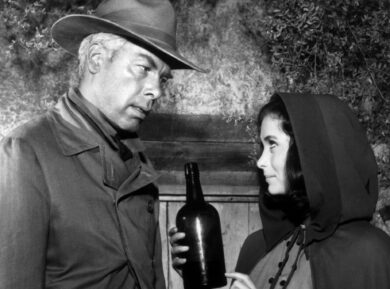
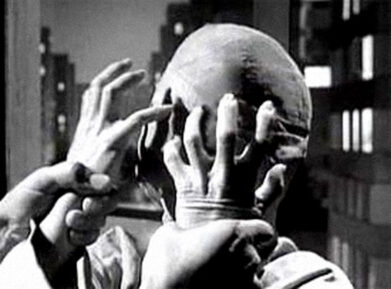
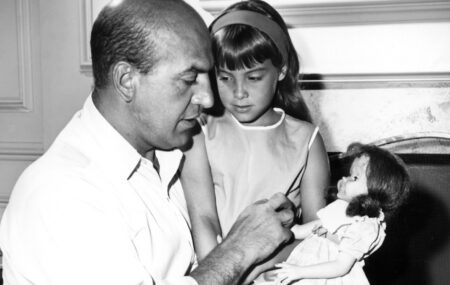
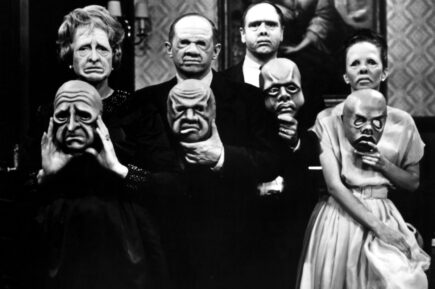
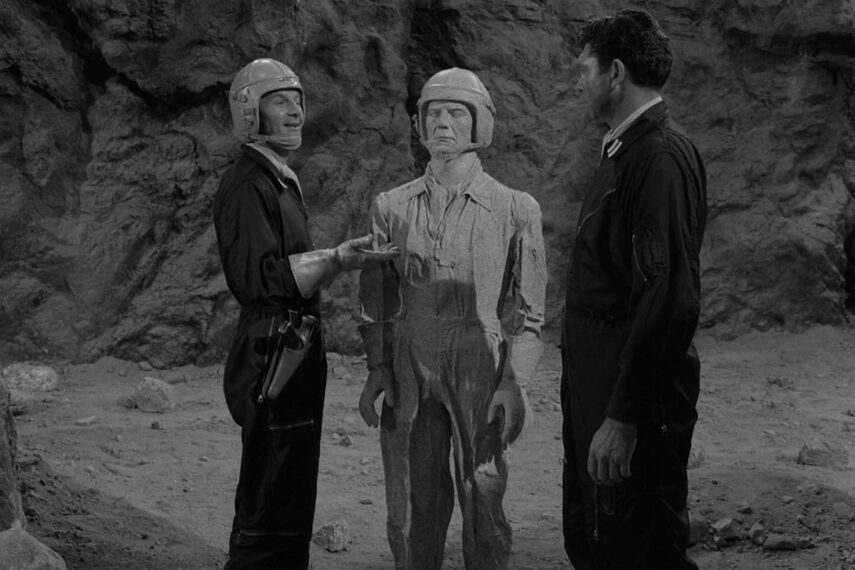
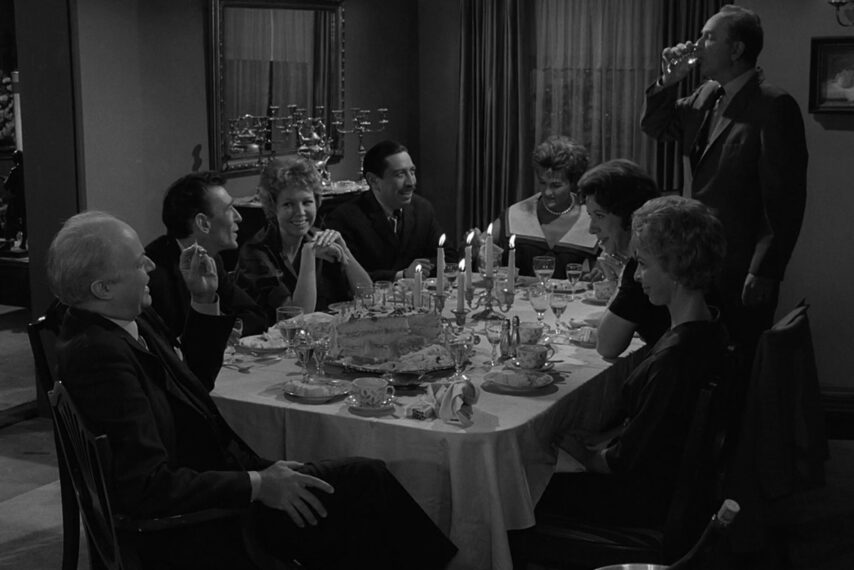
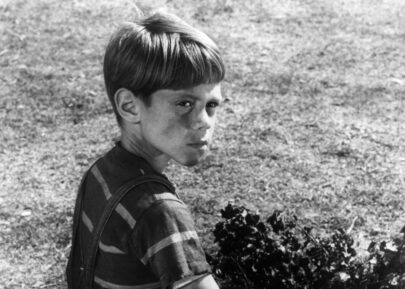
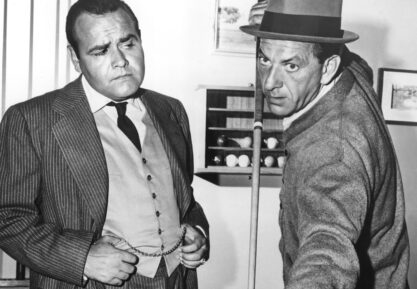
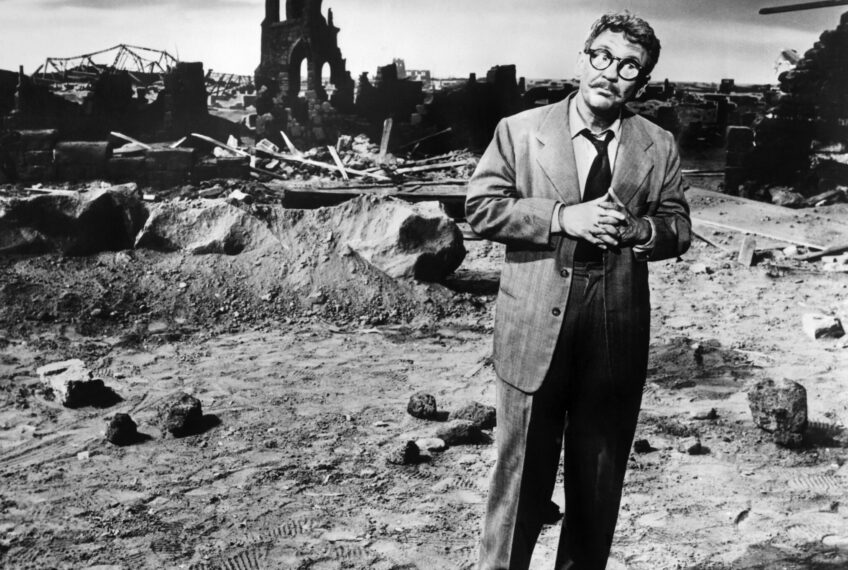
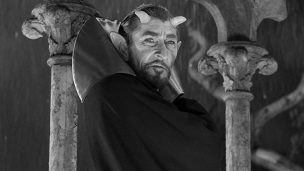
















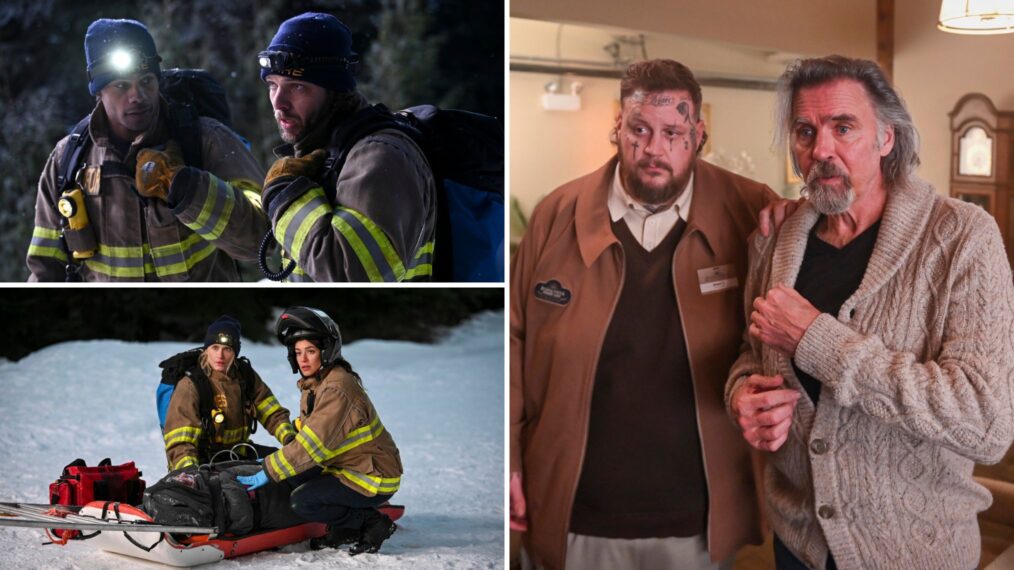

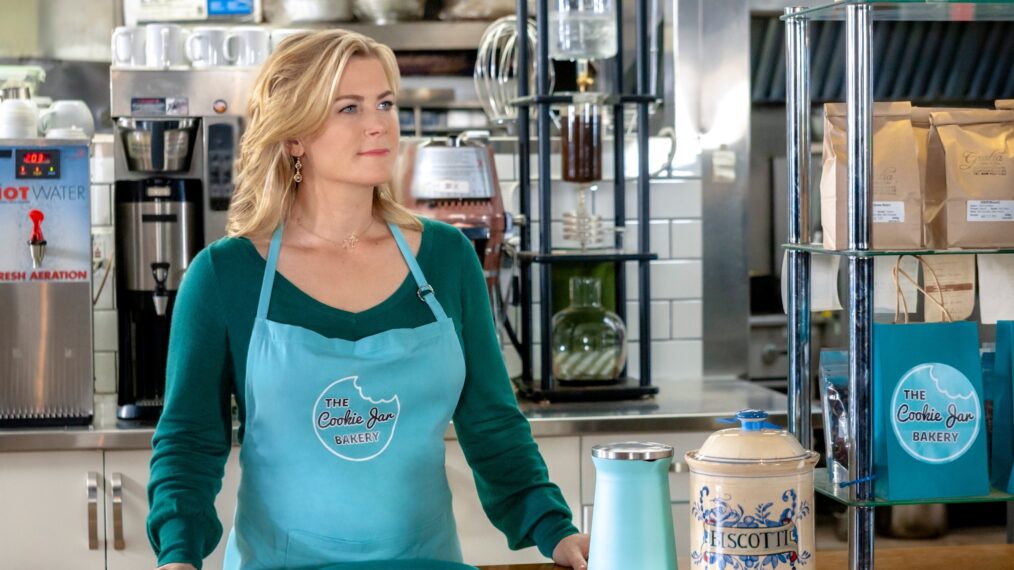




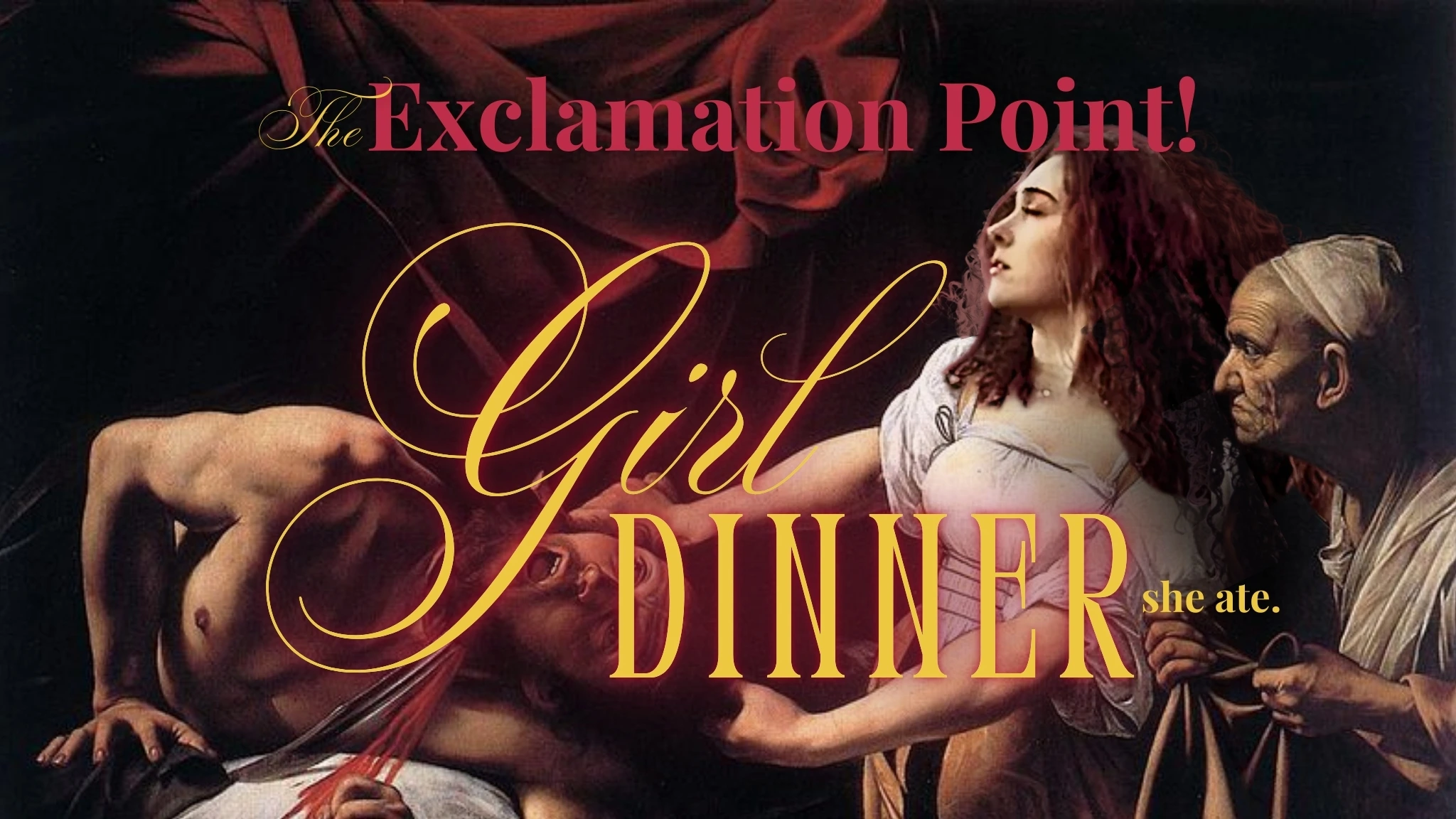
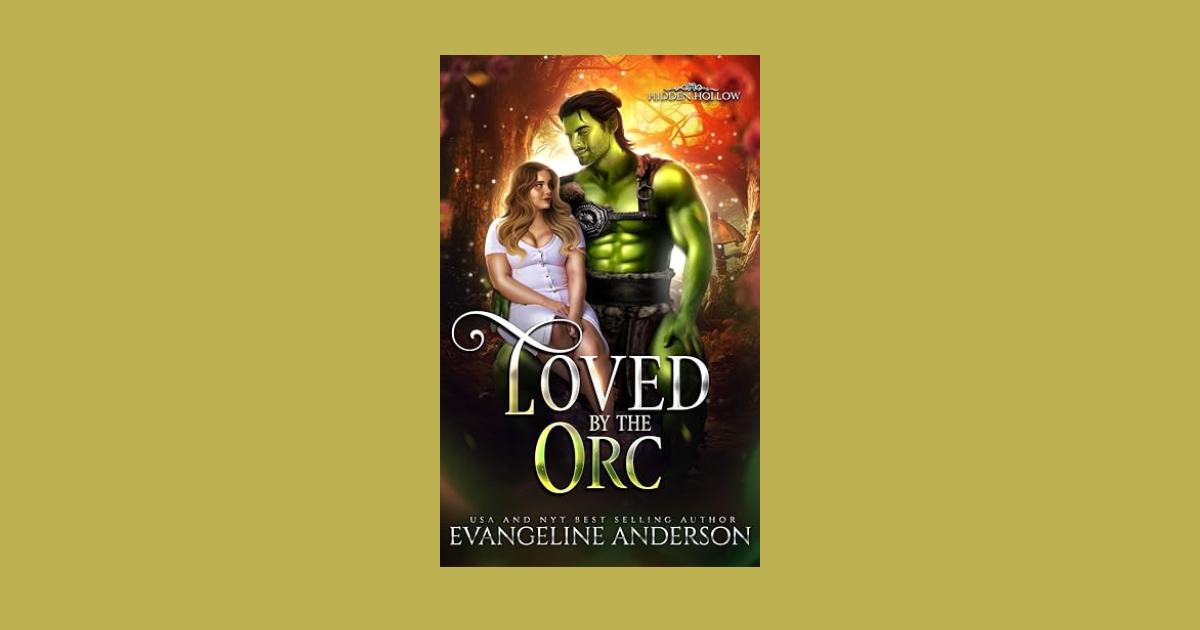
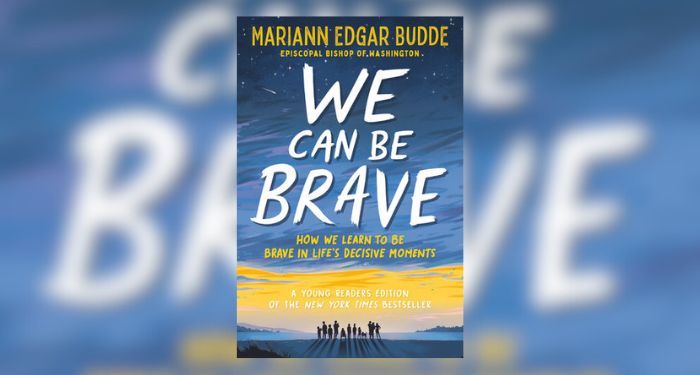


:quality(85):upscale()/2025/03/27/355/n/1922564/200a549867e4fedbb431f6.99392381_.jpg)

:quality(85):upscale()/2025/03/26/639/n/1922564/e1f92baa67e40d467510a8.81927121_.png)

